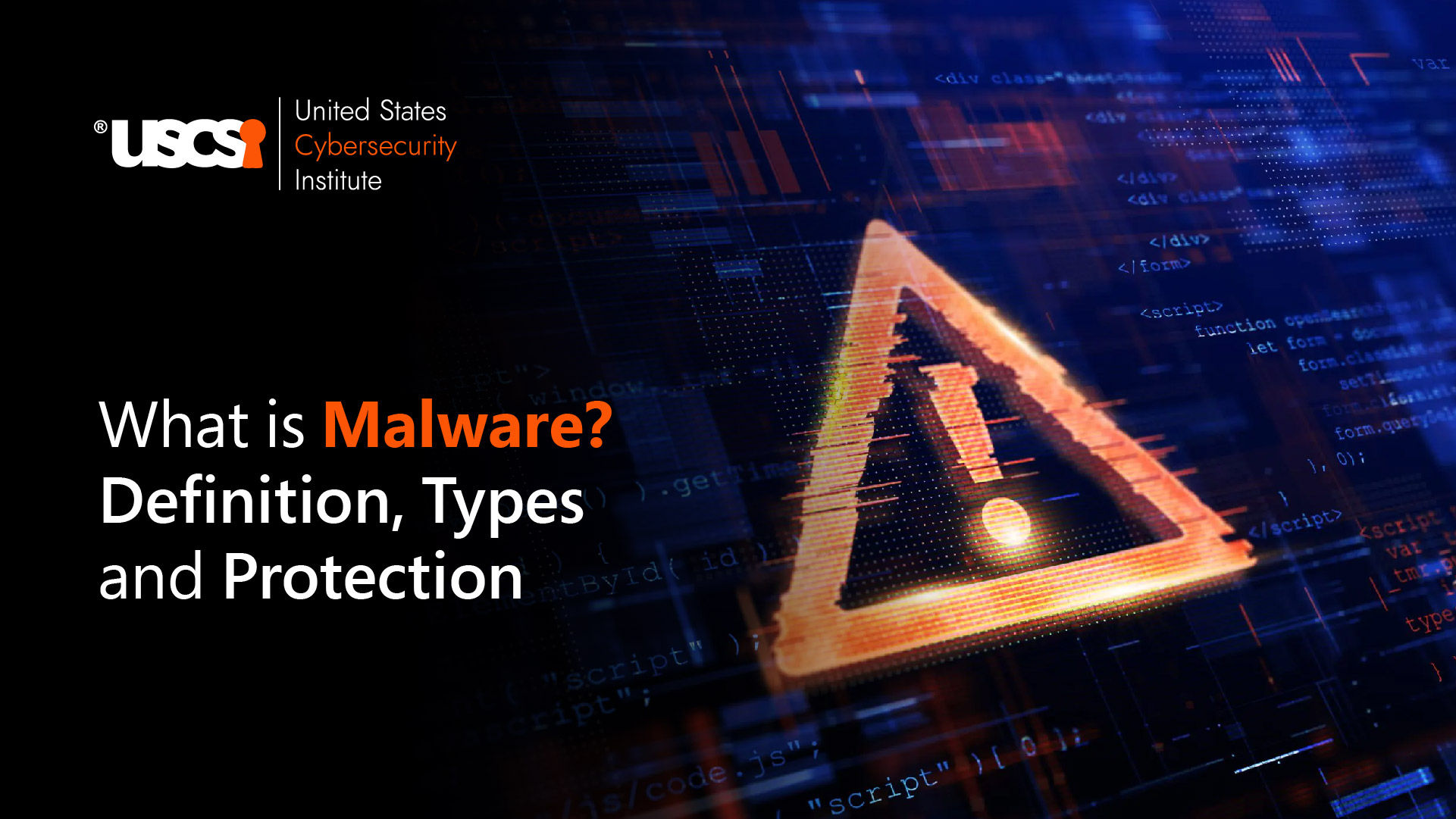

Cybersecurity Employment Trends 2023
Are you interested in a career in cybersecurity? The demand for skilled professionals in this field is growing rapidly, and it's an exciting time to consider a career in this industry. Here are a few key trends to keep in mind as you explore employment opportunities in cybersecurity:
- Cybersecurity jobs are in high demand: Cyber-attacks are becoming more common and more sophisticated, and companies are increasingly looking for professionals who can help them protect their systems and data. According to the Bureau of Labor Statistics (BLS), employment of Information Security Analysts is projected to grow 31% from 2019 to 2029, much faster than the average for all occupations.
- Cybersecurity is a lucrative career: In addition to the strong job prospects, careers in cybersecurity can be financially rewarding. According to the BLS, the median annual wage for Information Security Analysts was $102,600 in May 2021, significantly higher than the median annual wage for all occupations, and is expected to increase in 2023.
With these trends in mind, now is a great time to consider a career in cybersecurity. If you're interested in this field and have the necessary skills and training, don't hesitate to start exploring job opportunities and building your career in this exciting and in-demand industry.
What is Cybersecurity System
Cybersecurity is the practice of protecting computers, servers, mobile devices, electronic systems, networks, and data from digital attacks, theft, and damage. It involves implementing a range of measures and techniques to protect devices, networks, and data from unauthorized access, use, disclosure, disruption, modification, or destruction.
Cybersecurity is important because it helps ensure the confidentiality, integrity, and availability of information and systems and prevents unauthorized access or attacks that could compromise sensitive data, disrupt operations, or cause harm. It is an important concern for individuals, businesses, organizations, and governments because the increasing reliance on technology and the proliferation of networked devices make it easier for attackers to gain access to sensitive information and systems.
Need for Employment in Cybersecurity
Cybersecurity is an important aspect of employment because it protects an organization's information and systems from cyber threats such as hackers, malware, and data breaches. These threats can damage a company's reputation, cause financial losses and lead to the loss of sensitive data.
In today's digital age, businesses must have strong cybersecurity measures in place to protect against these types of threats. These include security systems and networks, training employees to recognize and prevent cyber threats, and implementing policies and procedures to protect sensitive data.
Employees also have a role to play in maintaining an organization's cybersecurity. They should be aware of potential risks and take steps to protect sensitive data, such as using strong passwords and not sharing login credentials.
Overall, cybersecurity is important in the workplace because it helps ensure the integrity and confidentiality of an organization's information and systems and protects against the potential consequences of cyber threats.
Qualification required to be a Cybersecurity Professional
To become a Cybersecurity Professional, several qualifications can be helpful, depending on the specific role you are pursuing and the level of responsibility you will have. Some common qualifications include:
- A degree in a related field: many cybersecurity jobs require at least a bachelor's degree in a field such as a computer science, information technology, or engineering. Some positions require a master's degree or higher.
- Professional Certifications: There are many professional certifications in cybersecurity, such as the Professional Certificate in Cybersecurity by MIT, Advanced Cybersecurity Certificate, by Stanford, or the Certified Cybersecurity Consultant (CCC) by USCSI. These certifications allow you to demonstrate your knowledge and skills to potential employers, and they may be required for certain positions.
- Technical Skills: It's important to have a good understanding of computer systems and networks, as well as the ability to use tools and technologies common to the cybersecurity field. This includes familiarity with programming languages, operating systems, and network protocols.
- Problem-solving skills: Cybersecurity professionals often need to be able to quickly identify and solve problems and think critically and logically to understand how to protect against potential threats.
- Attention to Detail: Cybersecurity professionals must be detail-oriented with the ability to analyze information and recognize patterns to identify potential security vulnerabilities.
- Communication Skills: The ability to communicate effectively with team members, management, and customers is important for cybersecurity professionals as they may need to explain complex technical concepts to non-technical stakeholders.
Today’s reality is that cybersecurity professionals are needed across all industries and at all levels of government. Here’s a quick look at some of the major categories of Cybersecurity Employment opportunities:
- Network Security: These professionals are responsible for protecting an organization's computer networks and infrastructure from cyber threats. They may work on tasks such as configuring firewalls, implementing security protocols, and monitoring networks for unusual activity.
- Information Security: These professionals protect an organization's sensitive data, including confidential information, intellectual property, and personal information. They may perform tasks such as developing security policies, conducting risk assessments, and implementing data protection measures.
- Cloud Security: These professionals are responsible for securing an organization's data and systems in the cloud. They may work on tasks such as configuring cloud security controls, monitoring cloud environments for threats, and responding to security incidents.
- Security Engineering: Professionals in this segment are responsible for designing, building, and maintaining secure systems. They may work on tasks such as designing secure software, implementing security protocols, and testing systems for vulnerabilities.
- Security Management: Professions in this area are responsible for overseeing an organization's security strategy and policy. They may work on tasks such as developing security plans, implementing security controls, and managing security budgets.
- Compliance: These professionals are responsible for ensuring that an organization's security practices comply with legal and regulatory requirements. They may perform tasks such as developing compliance plans, conducting audits, and responding to regulatory inquiries.
- Cybercrime and Forensics: These professionals are responsible for investigating cybercrime and collecting digital evidence that can be used in criminal cases. They may work on tasks such as analyzing digital devices, tracking cyberattacks, and working with law enforcement agencies.
In conclusion, the employment trends in the cybersecurity industry are highly positive. This presents an excellent opportunity for those interested in pursuing a career in this field, as there are plenty of job opportunities available and the demand for skilled professionals is likely to continue to grow in the coming years. Additionally, careers in cybersecurity can be financially rewarding, with the median annual wage for information security analysts significantly higher than the median wage for all occupations.





